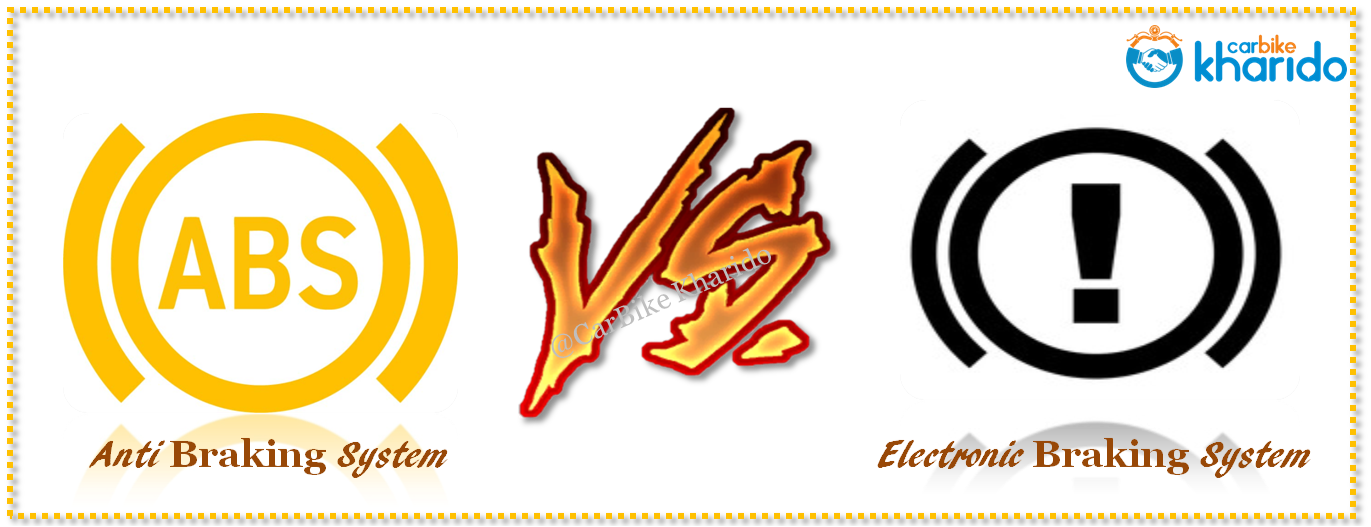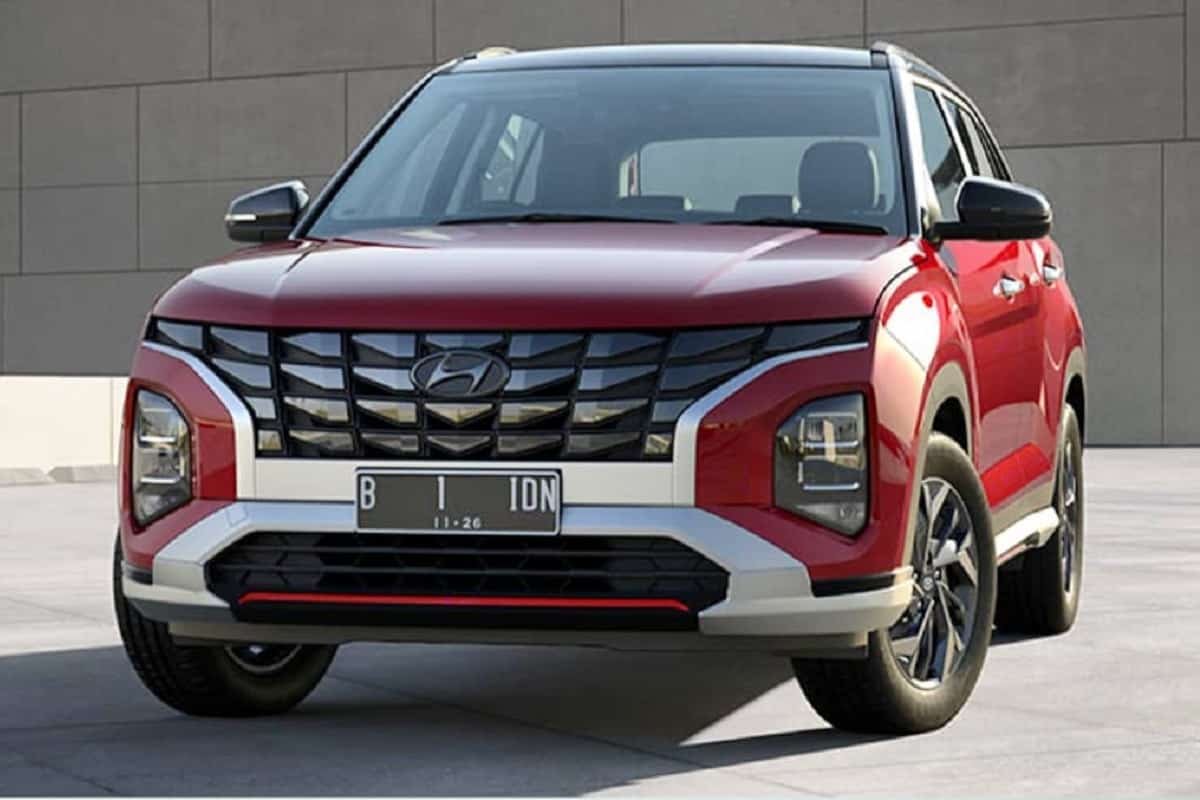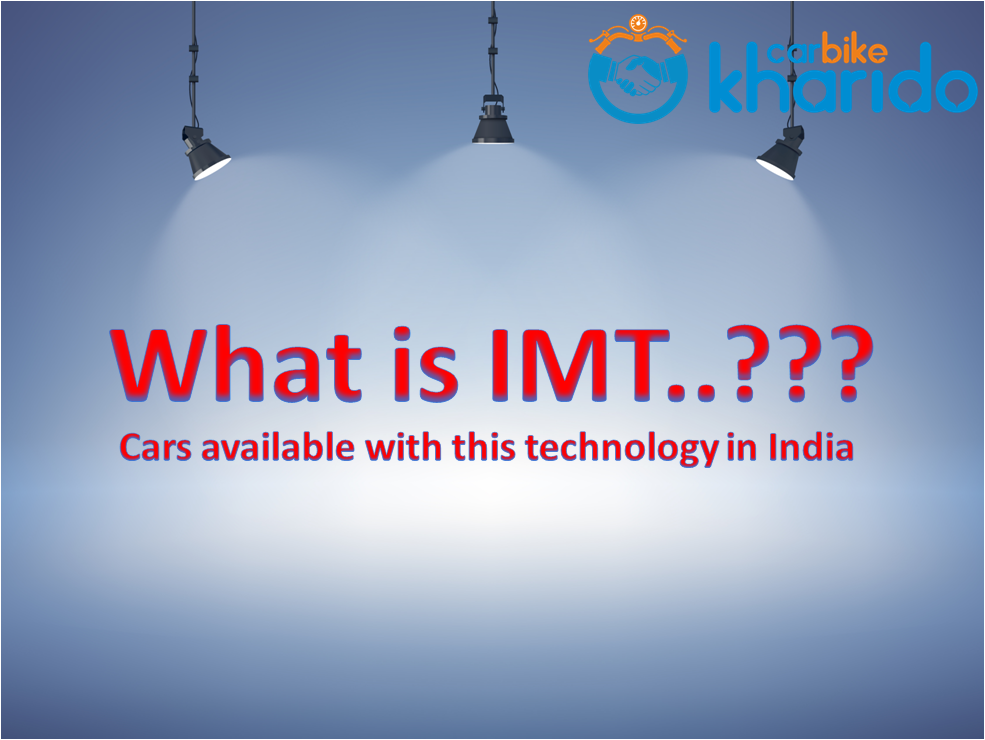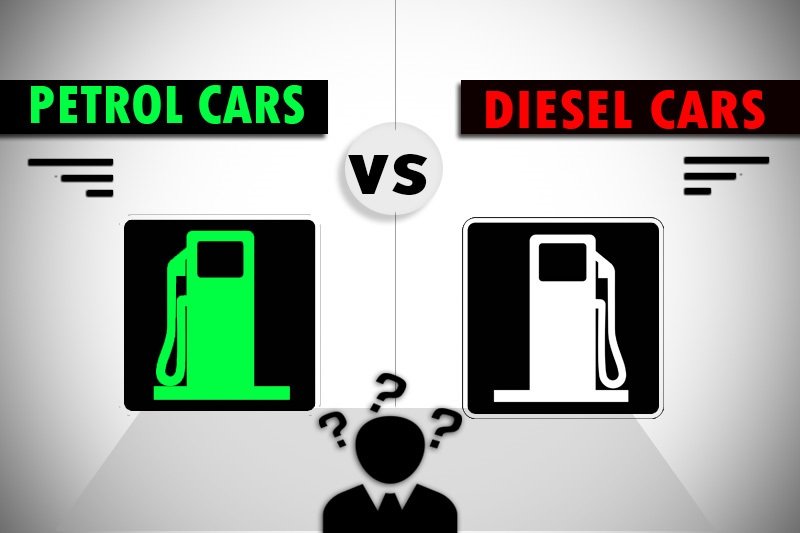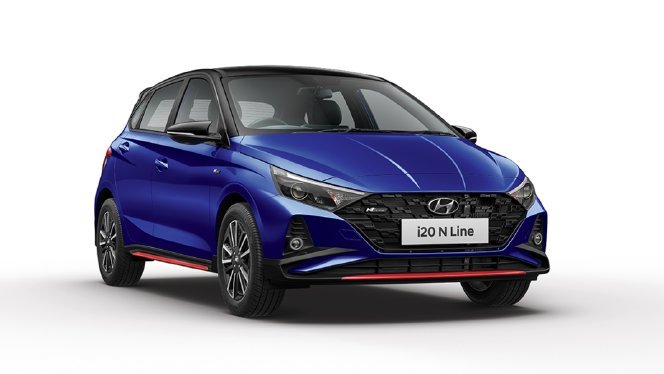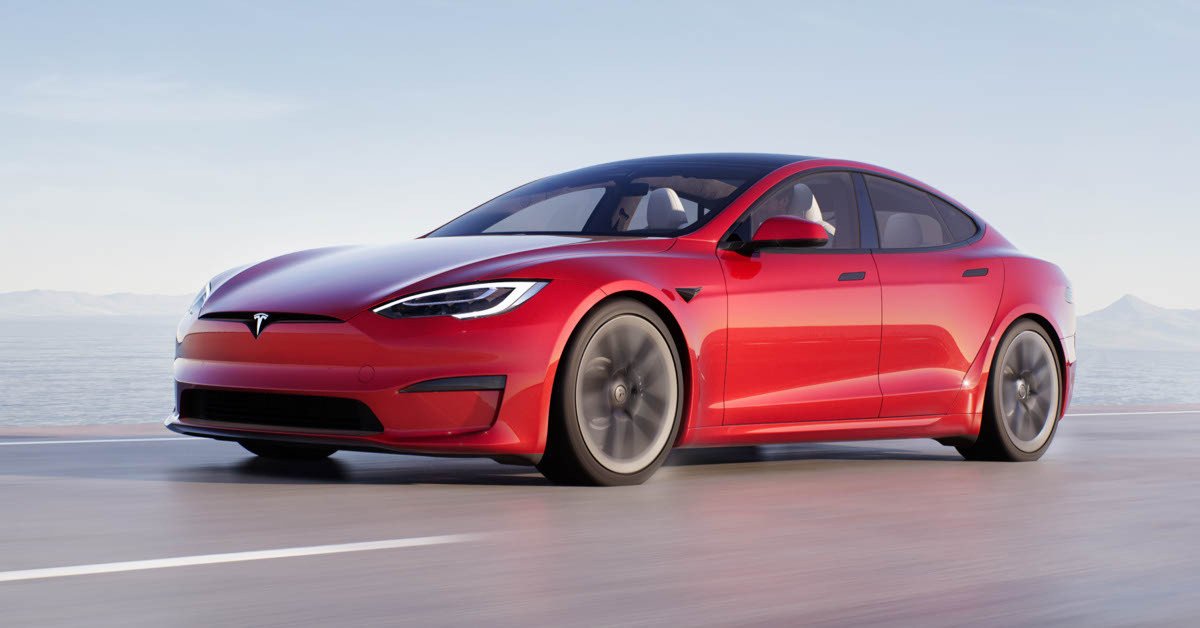What is the Difference between ABS and EBS?
The automobile sector has several
technical words for functions and facilities. ABS and EBS are a couple of terms
that you should know for a better understanding of how the vehicle works.
Let’s start with their definition, and later we will explain their differences.

What is ABS?
Anti-lock Braking System or ABS is
one of the crucial safety features to prevent sudden lock in an emergency,
harsh situation, and panic conditions. This technology helps in not locking up
the wheels of the vehicle in the mentioned situations.
Benefits of Anti-Lock Braking System
Brakes were applied and released
multiple times in one second. It ensures the system does not lock you during
hard braking. Your vehicle will slow down and maintain a grip on the terrain.
The traction available helps the person on the driving seat to get steering
inputs. Thus, avoid collision or accident by over speeding.
Advanced ABS systems are coming with
more tech-enabled services for a smooth and hassle-free drive.
What is EBS?
Electronic Brake systems work on
electronic signals and decrease the build-up time & response in brake
cylinders. EBS utilizes electrical signals and is transmitted to the central
module, the process depends upon your pedal position.
EBS mechanism calculates the required
pressure for each brake cylinder, led to deceleration of the vehicle. The
valves on the brake cylinders produce the appropriate braking pressure as per
the electronic signals and decrease the braking distance by a couple of meters.
Benefits of EBS
EBS is predictive and can detect any
problems in the individual wheels. Vehicles with pre-programmed sensors of EBS
can prevent untoward happenings.
An electronic Braking System can stop
rollover by applying brakes on the specific wheel that is going to turn. It
also slows down the engine and prevents the vehicle from turning upside-down.
Differences between ABS and EBS
- ABS and EBS both are essential safety features of the vehicle. Electronic Braking System (EBS) is different from traditional ABS because, unlike the Anti-lock braking system that controls brake with air, EBS uses electrical signals to do so.
- EBS is better at collision or accident avoidance than ABS
- ABS and EBS work together in a system known as the Central Brake Unit. CBU combines the functions of hydraulic valves and brake signal transmitters for brake management. ABS and EBS together in a vehicle system give stability, reduce the braking distance, and better steer-ability.
- ABS is a comprehensive automotive braking technology and older than EBS technology.
- EBS works better with electric vehicles and telematics systems. The software operated EBS diagnose problems and allow mechanics to solve the issues conveniently.
- EBS is easier to operate and install than ABS. In fact, as per some experts, ABS is growing into EBS. Introduction of stability control, “hill hold” features into the ABS proves its evolution into the EBS.
Understanding your vehicle improves
your hold on driving, so refer to the passage and get hold of the concepts of
ABS and EBS to know your vehicle.
